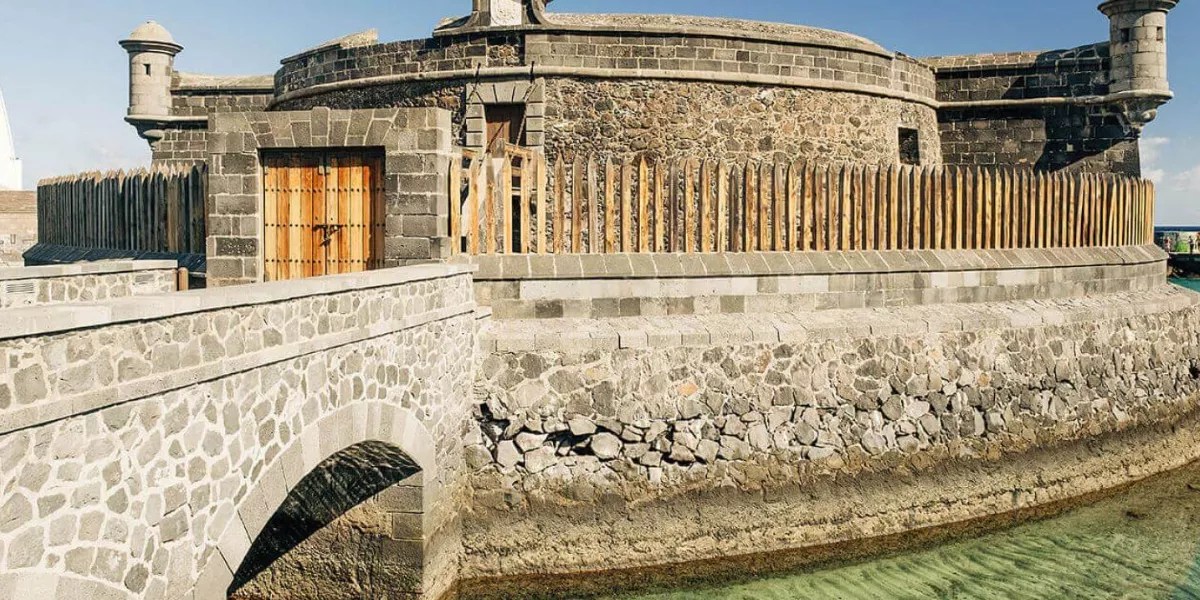For decades, long queues, road issues on the island, and deficiencies in public transport have complicated the lives of thousands of workers. Getting to work has become a challenge for many, a real adventure that forces them to leave home hours earlier. This, combined with transport problems, significantly adds to the burden on workers in the hotel industry. This situation leads to severe demotivation among them, aggravated by the lack of a response from the authorities to address this glaring mobility issue, which is like a “giant elephant in the room.” This well-known English metaphor describes an obvious issue that everyone ignores, and as time passes without a resolution, people start pretending it doesn’t exist.
On the 6th of May this year, Ashotel introduced a pilot project to tackle this problem called “Ashotel Shared Mobility”. The concept is simple: a bus system operates seven days a week, ferrying staff from various hotels in the southern region. After just four months, the project has been hailed as “a success” by workers, coordinators, and employees, with hopes of replicating the model in other hotels and areas of the island, potentially resolving the major mobility challenge.
Data collected by the association so far reveals that an average of 50 cars are being replaced daily by these buses through the pilot project. Aligned with the Sustainability and Digitalisation Strategy of the hotel association, the initiative has been extended until September following a positive reception. To date, 12 hotels have participated, documenting an average of 105 daily trips and a total of 4,881 trips in two and a half months.
Expansion
The project was developed in collaboration with the on-demand transport technology company Celering, transportation operator Sierra y González, and mobility consultancy Wawa. Initially, the 12 participating hotels included notable names such as GF Gran Costa Adeje, GF Isabel, and Gran Tacande Wellness & Relax. Later additions in July comprised Hovima Costa Adeje, Hovima La Pinta, and others. The three primary stops designated were San Isidro, Cabo Blanco, and Las Galletas/El Fraile.
Originally, Ashotel’s aim with this initiative was to explore the feasibility of consolidating various public transport lines to supplement the services provided by Titsa to address the mobility challenges faced by workers. The service focuses on delivering fewer stops, proximity to residential areas, improved punctuality, enhanced comfort, and reduced costs for both users and companies.
Innovation and Sustainability
To secure a bus seat, users must utilise a mobile application developed by the local technology firm, Celering. This innovative transport system, driven by collaborative artificial intelligence algorithms, optimises the connection between passengers, drivers, and operators for service enhancement. Users find it easy to book their journeys, while operators can make real-time adjustments to the vehicle type.
María González, a chambermaid at one of the hotels, has been utilising the service for a month and shared her positive experience. “I have reclaimed many hours of my life and can now rest longer,” she expressed, highlighting the user-friendly nature of the application for booking seats in advance.
José María Campos, the director of Celering, emphasised the significance of service optimisation through data analysis. “Understanding user origins, travel distances, and hotel affiliations is crucial for service enhancement,” he stated.
Reflecting on the mobility issue in the Canary Islands, Campos highlighted the lack of involvement from public administrations and advocated for technological advancements to tackle the challenge.
The pilot project garnered exceptional growth and approval, with 93% of users rating the company-operated public transport positively.
Pedro Brito, a sustainable mobility consultant at Wawa, commented on user satisfaction. “Surveys indicate that workers are willing to pay up to one euro for the service,” he revealed, noting the service’s success and the growing interest from other companies to partake in the initiative. “Our aim is to enhance workers’ quality of life,” Brito affirmed.
“Another goal is to reduce the number of private vehicles on the roads. Workers play a significant role, and by potentially eliminating 70% of cars, we can improve traffic conditions,” added Brito.
Ashotel and its partners are contemplating expanding the service to other Tenerife regions such as Callao Salvaje, Costa del Silencio, Los Cristianos, and Puerto de la Cruz, as well as considering additional shifts as the current service only operates in the morning.
Tenerife exhibits a high dependency on private vehicles, with a motorisation rate of 839.2 vehicles per 1,000 inhabitants in 2022. The daily vehicle intensity between Los Cristianos and Fañabé further exacerbates mobility issues on the island. The initiative has been widely embraced and received positive feedback from users.
While state agencies may neglect this “elephant in the room,” some companies have chosen to confront it rather than ignore its presence. They are taking action to address the issue and plan to share the benefits among all involved parties.















